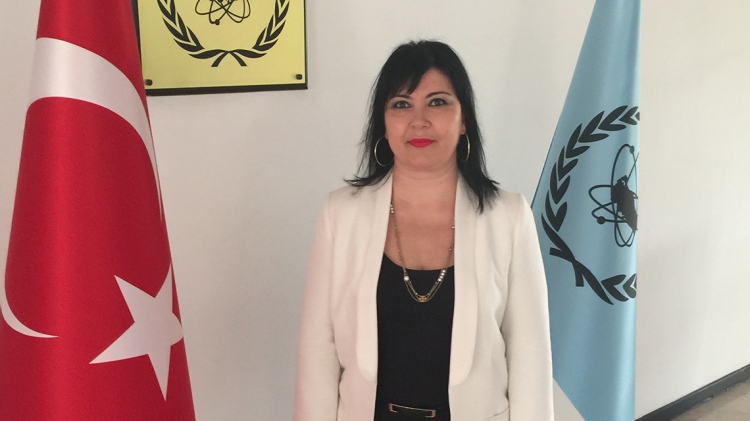Dr. Shengli Niu,
Senior Specialist on Occupational Health,
International Labour Office
“The ILO was founded to promote social justice as a contribution to universal lasting peace. Its mandate is to ensure everyone the right to earn a living in freedom, equity, security and dignity, in short, the right to Decent Work. Having a safe and healthy workplace is a basic human right. Respecting this human right is an obligation – as well as a condition -- for sustainable economic development. The protection of workers against radiation falls naturally within the scope of ILO’s programme of action on occupational safety and health which uses in a coordinated manner the various means of action available to the ILO to provide support and services to governments, employers’ and workers’ organizations in drawing up and implementing programmes for the improvement of working conditions and environment. The ILO creates international labour standards including standards on safety and health at work and has a unique system to supervise their application. The ILO Convention concerning the Protection of Workers against Ionizing Radiation (No. 115) and its accompanying Recommendation (No. 114) have been the only international legal instruments on radiation protection of workers. The ILO also has a number of Conventions and Recommendations on other topics in the field of safety and health at work.
The ILO attaches importance on cooperation with IAEA and other international organizations and professional bodies on setting up international guidelines and standards on radiation safety and protection. Such a cooperation not only facilitates the implementation of the ILO Convention No. 115 on radiation protection by the ILO constituents but increase, at the national level, the synergy impacts of the relevant international policies on radiation safety and protection formulated by other sister organizations.
The ILO expects the enterprises and workplaces to follow proper occupational safety and health rules and regulations including radiation safety and protection rules and regulations so as to avoid accidents, diseases and other problems at work.”






